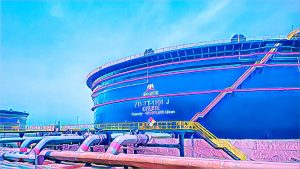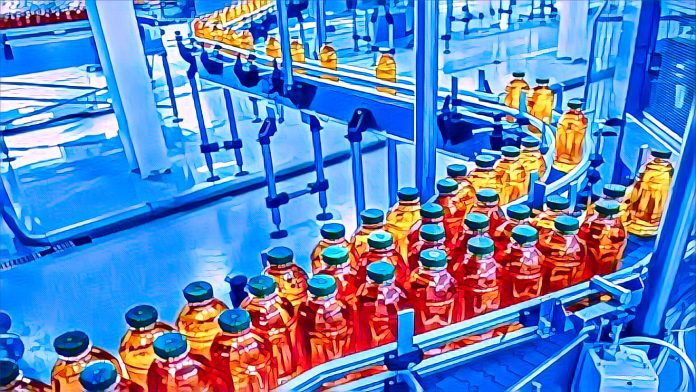KEY POINTS
- Nigeria’s manufacturing sector, driven by initiatives like NIRP and NAIDP, contributes 15.36% of GDP with growing exports.
- Key players, including Dangote Group and IVM, boost industrialization, job creation, and regional exports under the “Made in Nigeria.”
- Challenges such as infrastructure deficits, financial access, and counterfeit goods threaten growth, demanding targeted investments and policy reforms.
In recent years, Nigeria’s manufacturing sector has become a beacon of resilience and creativity, surmounting various obstacles that impede its competitiveness on the global stage (KPMG, 2017).
Boasting a vibrant population exceeding 200 million and rich natural resources, the nation’s industrial base is positioned to enhance economic expansion and diminish reliance on imports.
This progress relies on enhanced government backing, targeted investments, and technological innovations, leading to “Made in Nigeria” products gaining popularity in global markets.
Retrospectively, in the 1970s and early 1980s, Nigeria’s manufacturing sector was dynamic, accounting for more than 10 percent of GDP.
Throughout the mid-1980s Structural Adjustment Program (SAP), numerous sectors, including the industrial sector, experienced a notable decline in growth rates by the early 2000s.
The 2010s signaled a shift as governmental strategies and private sector efforts rejuvenated the industry.
The Nigerian government has been proactive in promoting local manufacturing. Nigeria Industrial Revolution Plan (NIRP), launched in 2014, set the foundation for industrial development.
More recently, initiatives such as the National Automotive Industry Development Plan (NAIDP) have incentivized car manufacturers like Innoson Vehicle Manufacturing (IVM) to produce vehicles locally (NADDC).
The federal government established three funds amounting to N200 billion through the Federal Ministry of Industry, Trade and Investment (FMITI) in 2024.
The manufacturing sector was a major beneficiary of these funds, offering a 9 percent interest rate and will be distributed by the Bank of Industry (BOI).
As of 2023, manufacturing represented 15.36 percent of GDP, fueled by agro-processing, textiles, and cement manufacturing investments.
The rise of export-driven industries has enhanced Nigeria’s position in global competitiveness.
Key players in the “Made in Nigeria” movement:
Dangote corporation
The Dangote Group, established by Aliko Dangote, represents Nigeria’s industrial development. Dangote Cement leads the African markets, and its sugar refinery is one of the largest globally.

The $20 billion Dangote Refinery aims to revolutionize Nigeria’s petroleum sector by decreasing dependence on imports and conserving billions in foreign currency.
These initiatives have established the group as a frontrunner in leading Nigeria’s economic change.
Innoson Vehicle Manufacturing (IVM)
IVM, Nigeria’s pioneer local car maker, manufactures robust vehicles tailored to regional requirements, such as SUVs, buses, and trucks.

Nigeria’s exports to Ghana, Mali, and Sierra Leone are establishing it as an automotive center in West Africa.
IVM fosters local procurement, generating employment while enhancing the global recognition of the “Made in Nigeria” brand.
Aba footwear cluster
The Aba Shoe Cluster in Abia State, with more than 100,000 craftsmen, manufactures millions of cost-effective, long-lasting shoes each year, shipping to markets in Africa and Europe.
Although machinery is limited, the quality of craftsmanship flourishes, showcasing Nigeria’s industrial potential driven by SMEs.
Contemporary investments might transform Aba into a worldwide center for footwear manufacturing.



